It’s hard to judge a series from just one episode, but The Falcon and the Winter Solider, Marvel’s second entry in what they call Phase 4 of their cinematic universe, gets off to a stonkingly good start. It opens with a relentless action set piece that serves up a cannonade of high-flying kicks and acrobatics, slick aerial antics, and just the right amount of boom to leave you breathless. Anthony Mackie’s Sam jumps out of a C-17, performs a mid-air incursion into a hijacked military plane, fights off a horde of terrorists who are trying to shoot him down with heat-seeking missiles, all while doing his best to not violate Libyan airspace.
It is cocky in its execution. It is blustering and boastful. And after a whole year without superhero cinema, those opening few minutes are an aggressive reminder of everything the MCU is.
This already feels a lot more cinematic than WandaVision. Where that series was drawn to be episodic – in its pacing, content, and style – The Falcon and the Winter Soldier feels more like a movie in six parts. This is a good old fashioned globe-trotting adventure. But one that never seems to get lost in its scale.
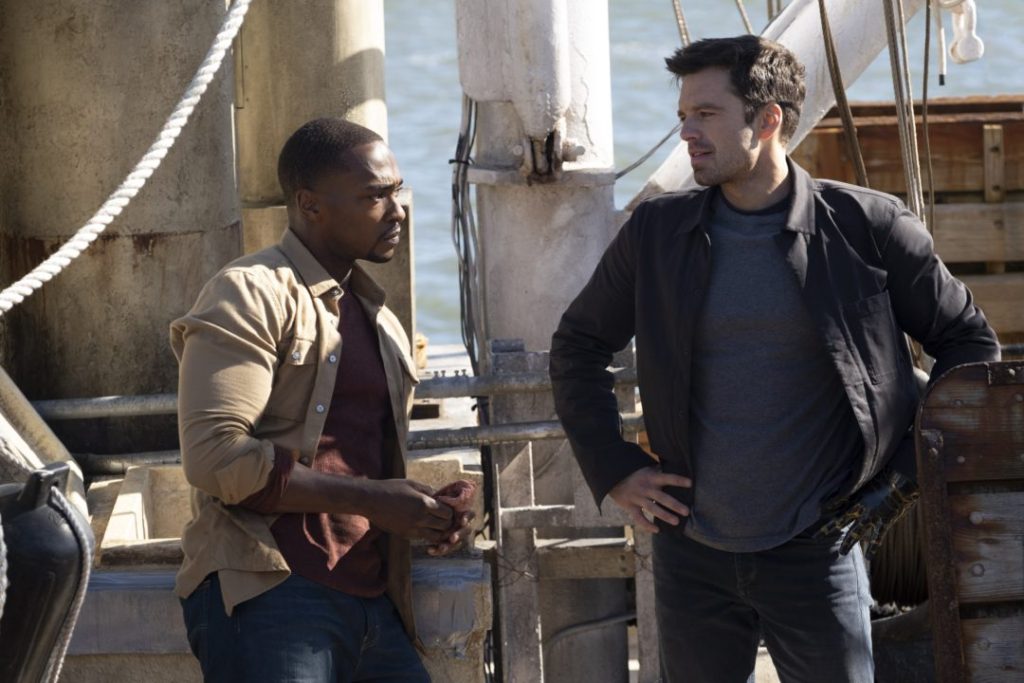
This first episode serves as a reintroduction of sorts. There is a tried and tested structure here. Think the first 20 minutes of Lethal Weapon or 48 Hours. We spend some time with our two leads, get a sense of their place in this new world, and take a deep dive into their individual struggles. These first 40 or so minutes are all set-up. There’s a lot of narrative ground to cover and the episode does a fantastic job in laying out the stakes.
Director Kari Skogland is masterful in how she juggles high-octane hijinks with the more intimate character moments. Whether it’s Sam dealing with the family he left behind when he was snapped away, or Bucky trying to atone for past sins, there is a wonderful evenness in how the narrative unfurls. We learn new things about old characters. Novel dangers are established. And a shadowy cabal threatens to upend an already chaotic world.
It’s obvious that leaning into this form of serialized storytelling allows for a much deeper and more meaningful exploration of these characters and the world they inhabit. It’s been a few months since “the blip” (that’s the technical term for when everyone was “blipped” back into existence in Avengers: Endgame) and we finally get to see how the planet has been impacted by the sudden reappearance of billions of people.
If there is an overarching theme to The Falcon and the Winter Soldier, it seems to be a callback to the real world origins of Bucky’s Cold War alias. In 1971, at an event called the Winter Soldier Investigation, a young John Kerry spoke out about America’s treatment of its drafted men. “The country doesn’t know it yet, but it has created a monster. A monster in the form of millions of men who have been taught to deal and to trade in violence… men who have returned with a sense of anger and a sense of betrayal which no one has yet grasped.”
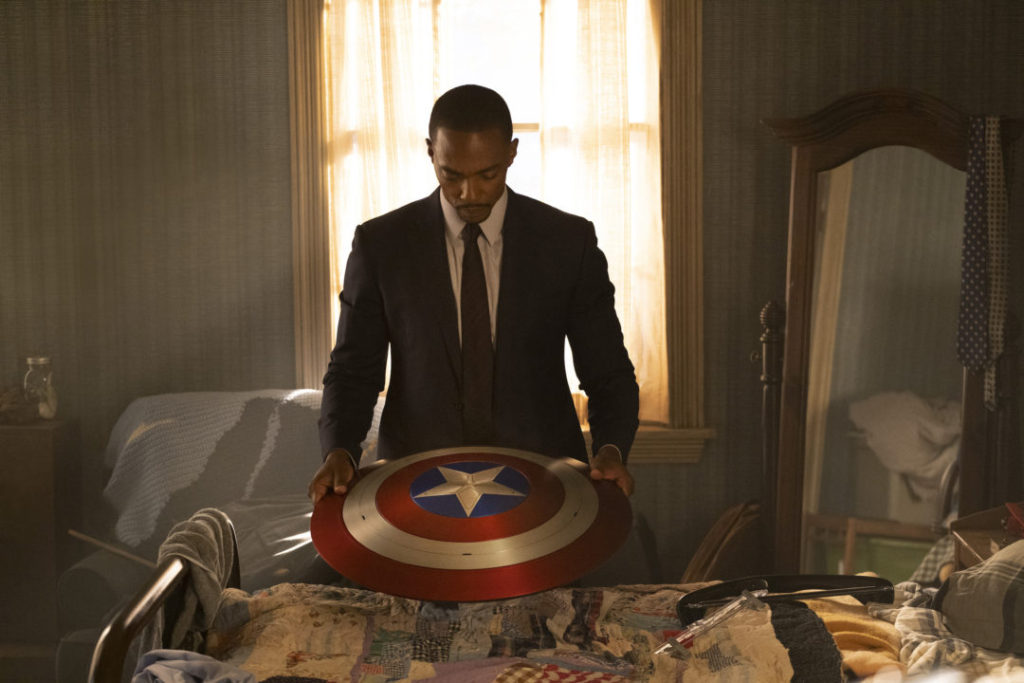
Global conspiracies and supervillains aside, the big question of the series seems to concern which one of these two sidekicks will end up wielding the shield. In the comics, both Sam and Bucky have taken on the mantle of Captain America at different times, and for different reasons. Bucky became Cap when Steve was apparently shot and killed following Marvel’s Civil War (not to be confused with the MCU’s Civil War, which is similar, but different) and Sam took on the shield when Steve lost his super soldier powers and became a frail old man. (This was obviously after he had been brought back from the dead. You know, because comics.)
Sam and Bucky’s respective tenures as Captain America were pretty landmark moments in comic book history, with their time in the stars and stripes adding complex layers to the Golden Age patriot. With Bucky, it had to do with his sordid past, and whether wearing a mask and adopting a symbol was enough to make him a hero. With Sam, it was dealing with an America that just could not come to terms with a Black Captain America. Where Bucky’s story was about a broken man struggling to live up to the legacy of a symbol, Sam’s was about a flawed nation crawling its way towards being on the right side of history.
All of these tensions are on display here. And not since Black Panther has a Marvel effort been this political. In fact, this series might even be more overtly so. Yes, Killmonger was right, but having that movie set in Wakanda meant they were dealing primarily in metaphor. The allusions were obvious, but the message was still implicit.
In The Falcon and the Winter Soldier, in this first episode alone, the series already tackles issues of race and redemption, geopolitics and the idea of a borderless world, there are allusions to the economic fallout of this pandemic, and questions about who and what makes for an American symbol. All the pieces are in place for quite the meaningful exploration, here’s hoping that the series delivers on that promise.
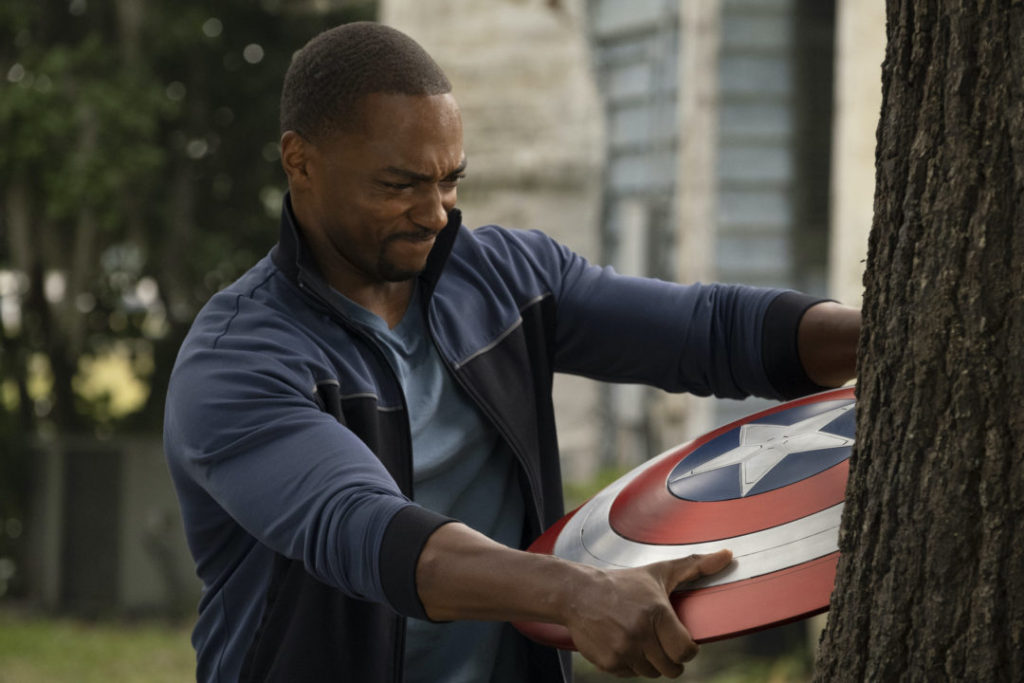
Superheroes in the comics tend to be monolithic. Rigid. Unchanging. Stan Lee allegedly once said that, “readers don’t want change; they only want the illusion of change.” If he did, he was wrong. The reason why The Falcon and the Winter Soldier works so well is the same one that explains the continued success of the MCU. These are evolving characters and dynamic stories. The MCU have proven that the only way forward is to keep things fresh by constantly upending the status quo and challenging the notion of what makes for a superhero story.

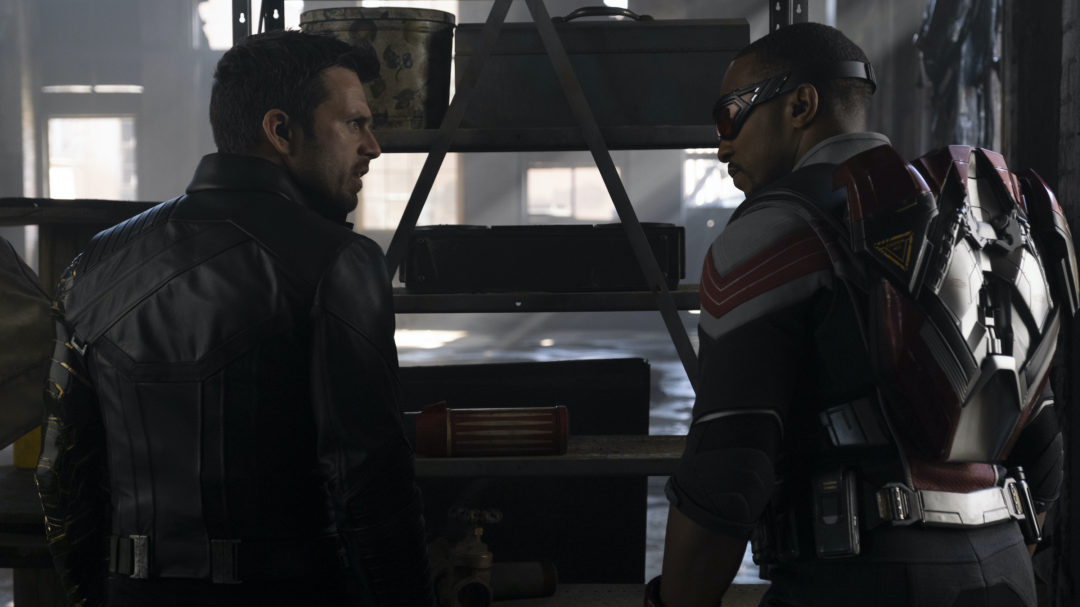
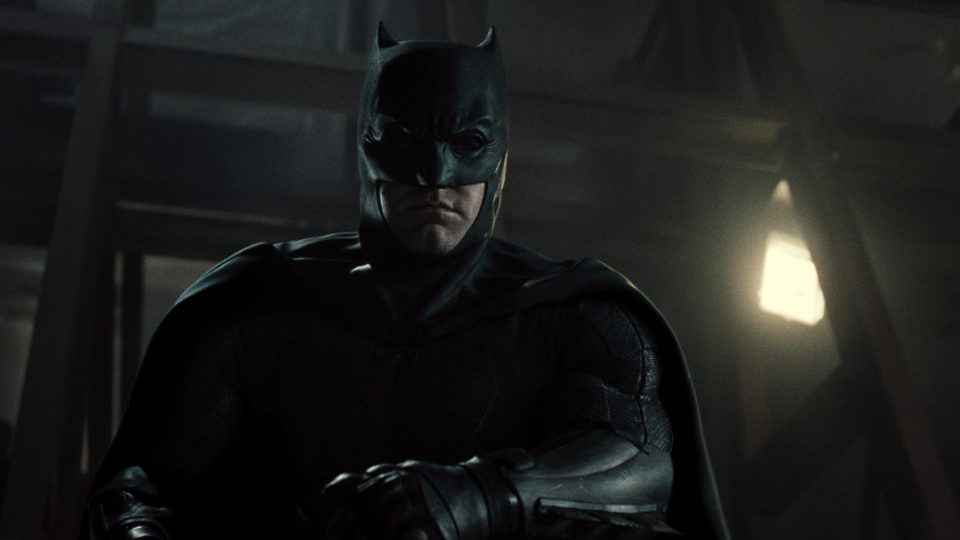
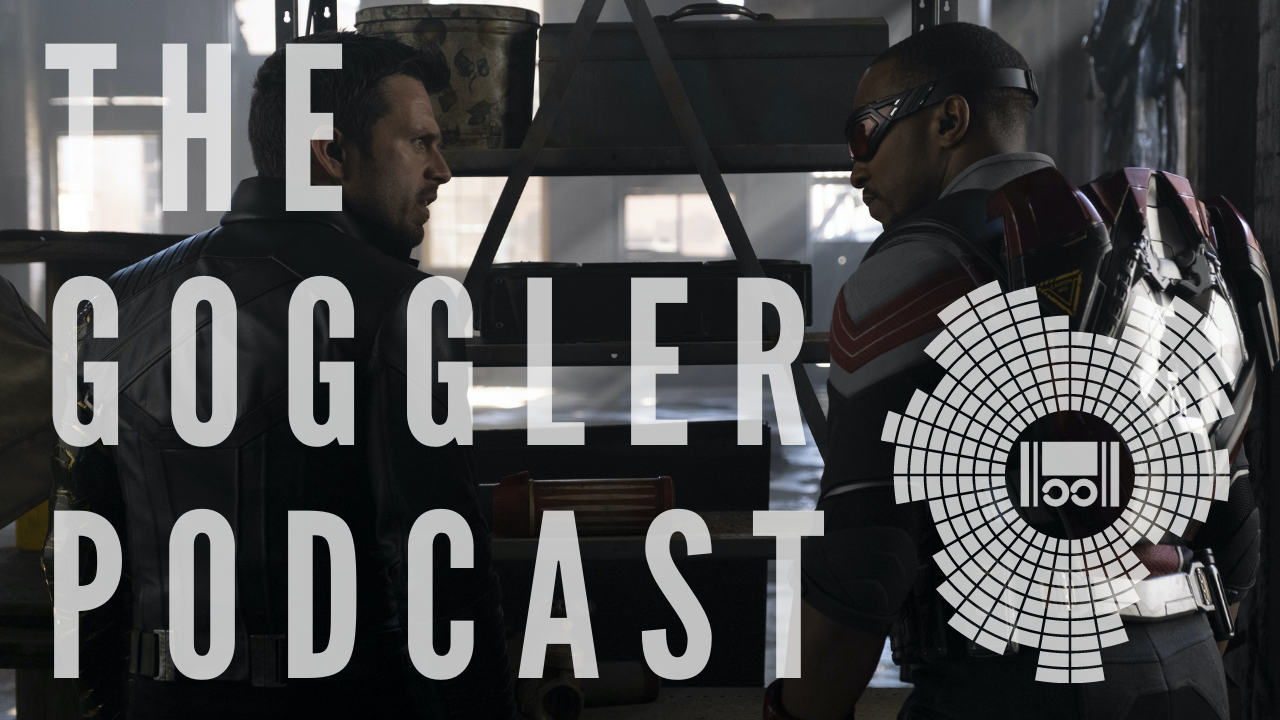
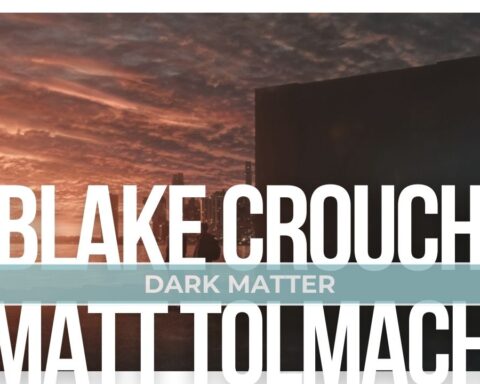
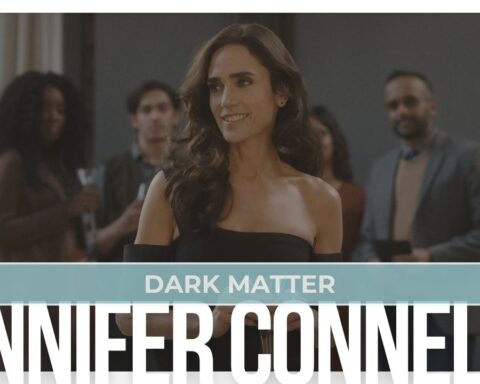
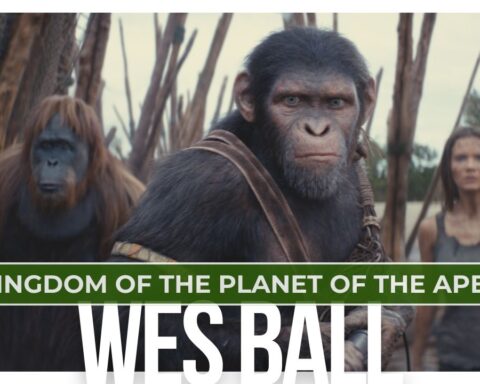
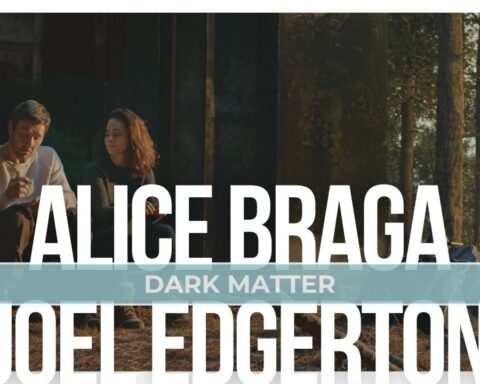
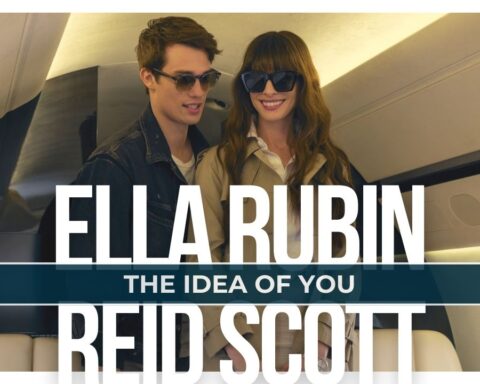
Follow Us